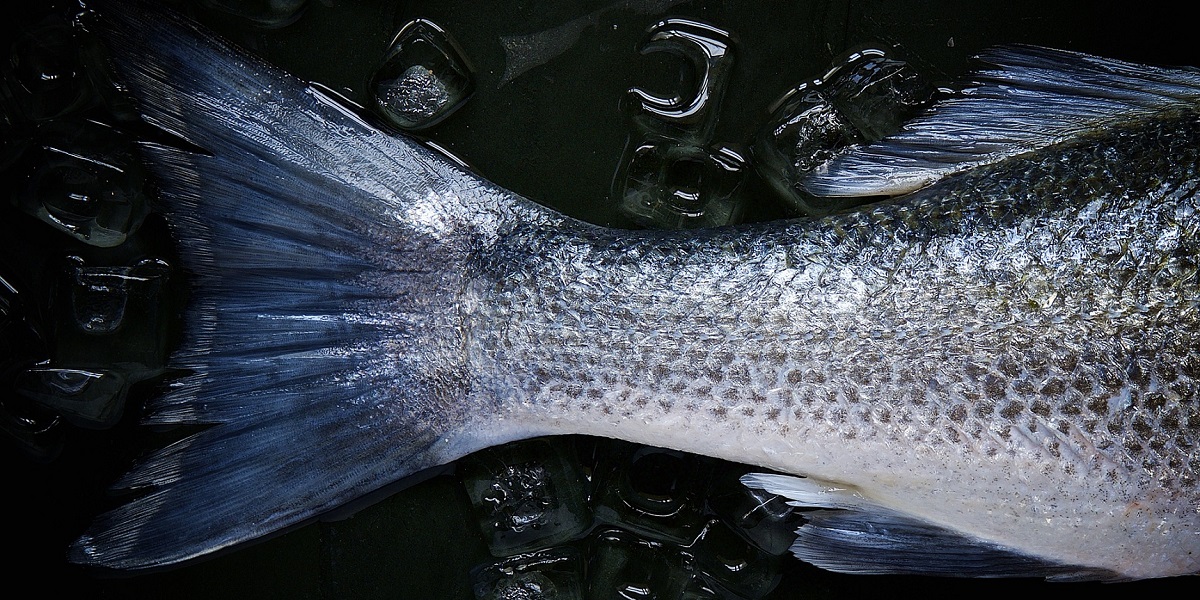Latest News
- Waterloo artist turns Ontario winter into art with backyard snow sculptures
- Third suspect arrested in connection with four murders in Carry the Kettle Nakoda community
- One-fifth of Canadian parents rely on grandparents for vacation expenses
- Former University of Michigan football coach Sharon Moore arrested hours after being fired
- What Canadian Border Security Officers Found in 2025
Latest Ads
-
Jasmine Jewel
Call
-
Omidan group
Call
-
Amir Madanpour
Call
-
Dimo studio
Call
-
Yorkacademy
Call
-
Maryambagheri
Call
-
Shishlix Restaurant
Call

Increase in microplastics in Toronto fish
A new study conducted by researchers at the University of Toronto and the Ministry of the Environment indicates the presence of high levels of microplastics in fish caught in Toronto.
The study found that fish caught in Toronto had up to 12 times more microplastics than some fish found in stores. Researchers are still trying to determine the long-term effects of microplastics on human health.
Plastic waste comes in all shapes and sizes, but those less than five millimeters in length are known as 'microplastics'.
These microplastics can come from a wide variety of sources, including large plastic waste that breaks down into smaller pieces as they can pass through water treatment systems and end up in oceans and lakes.
The study's researchers examined a total of 45 fish in Humber Bay along the Toronto coast. They found that each fish fillet contained an average of 56 microplastic particles.
Assuming humans eat fish twice a week, this equates to 12,800 particles per year, or 123 microplastics per meal.
According to these researchers, microplastics can cause stress in the body's immune system, affect growth and change behavior.
news source
Suggested Content
Latest Blog
Login first to rate.
Express your opinion
Login first to submit a comment.
No comments yet.


































